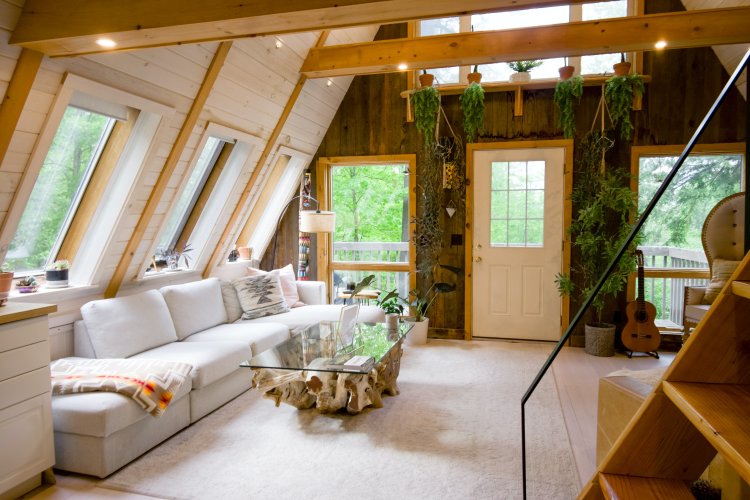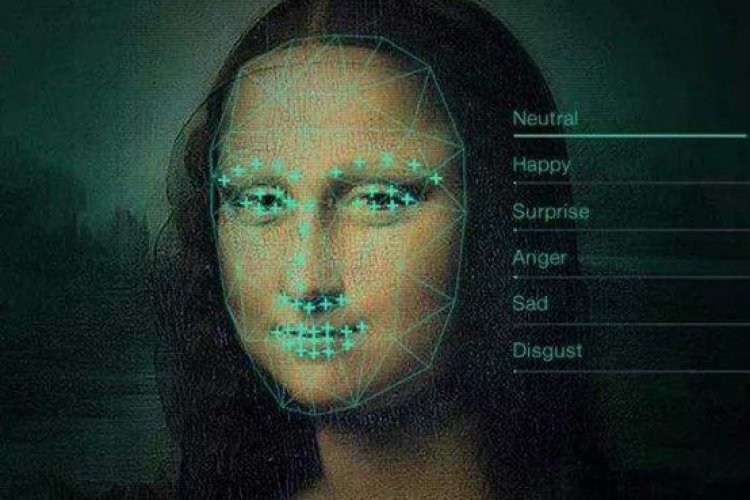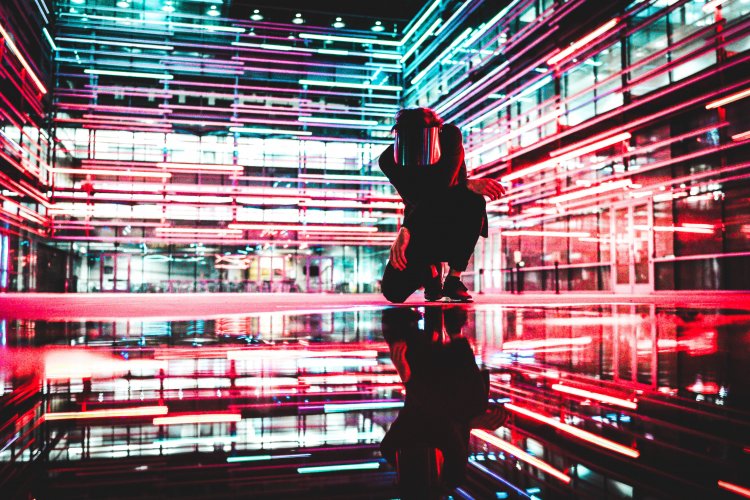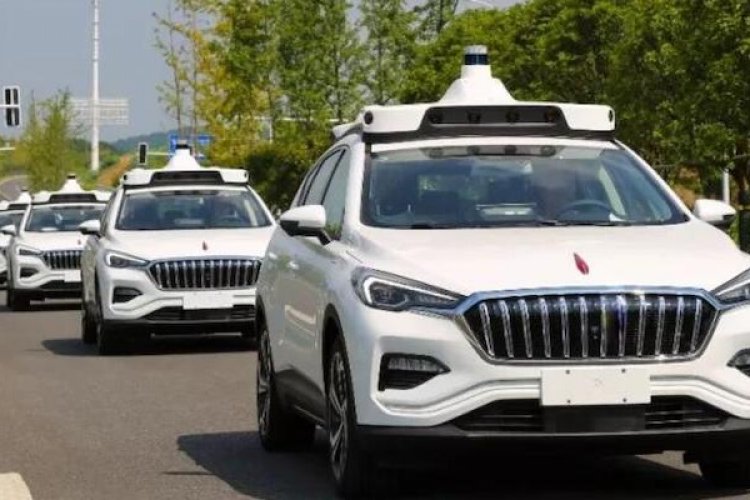I Spy... a Hidden Camera: How to Make Sure Your House, Hotel, or Airbnb Isn't Bugged
We've come a long way since spies had to peek through keyholes or resort to sinister, if not utterly comedic, moves like drilling through the eye holes of framed portraits. These days our portraits may be safe, but that does not mean that we're now free of spying and its many multiplying variations.
A woman visiting Qingdao recently discovered that her Airbnb "Superhost" was clandestinely filming his patrons via a pinhole camera. The news demonstrates just how far technology has come in providing peeping Toms – be they unassuming Airbnb hosts, landlords, or hotel staff – with an arsenal of new and cunning ways to keep an eye on their guests. Fortunately for the woman in the story, she was well-versed in spy techniques and was able to protect her privacy, but for the vast majority of us who are not, we must remain vigilant when staying in an unfamiliar place.

Here are a few quick and dirty tips – compiled from expertise shared in the story above as well as this very handy Wikihow article – to help you protect yourself from spyware, and make sure you're not giving your gracious host more than you bargained for.
Check for motion sensors

The presence of motion sensors inside the house is what tipped off the intrepid pervert-buster in the Qingdao story. As well as detecting motion inside the house, they can be used to activate cameras with limited storage, so that they are only filming when the room is actually occupied.
Listen for strange noises

Although spying cameras and microphones are designed to be as discreet as possible, many still emit a slight buzzing or clicking sound when in operation. Scour each of the rooms during a quiet time of day (or night) and keep an ear out for noises that seem out of place.
Check smoke detectors, televisions, sockets, and other electronics
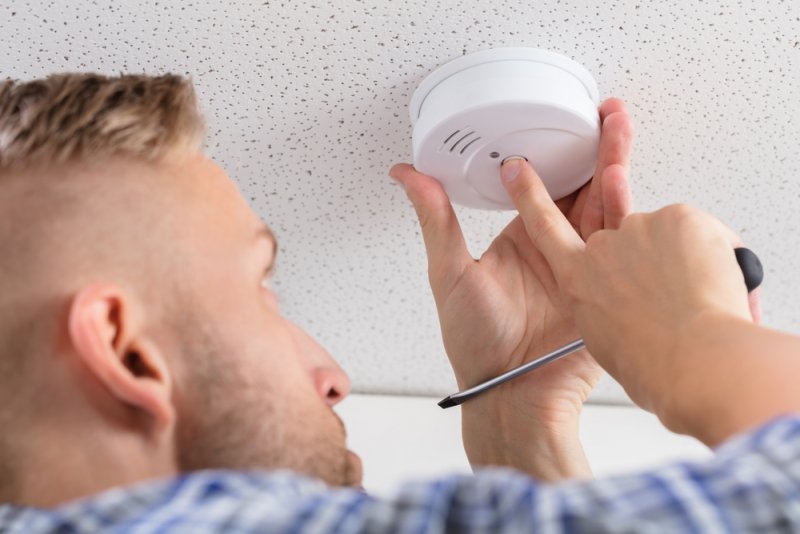
Cameras and microphones require a separate power supply, which means that other electronics provide the perfect disguise in which to hide a spying device. Check inside smoke detectors as well as around plug sockets and lamps. To be extra safe, unplug the TV and other electronics when not in use. Likewise, keep an eye out for wires that lead to objects that shouldn't need power.
Look for out-of-place objects

A common spying method is to place the device in an inconspicuous object like a stuffed toy, or decoration on a shelf. Inspect any items that seem suspicious or that are angled in a peculiar way, such as towards the bed or are positioned in a way that would allow for a wide angle to take in the whole room.
Check for two-way mirrors

Although less common than your bog-standard hidden camera trick, it's also good to be aware of the possibility of concealed devices behind mirrors. To check whether a mirror is a two-way mirror, simply turn off the lights and shine a flashlight at it – if it's a two-way mirror you'll be able to see through to whatever is on the other side.
Finally, if you do happen to find a device or suspect that you are being spied on, call the police immediately. China has laws specifically targetting unlawful spying (in Chinese), and penalties range from fines to prison time depending on the severity of the offense.
READ: Use this App to Stop Getting Ripped Off by Rental Agents
More stories by this author here.
Email: tomarnstein@thebeijinger.com
WeChat: tenglish_
Photo: buenosrelatos.com, Sina, colemaninsights.com, bostonboardupservices.com, logratis.top


